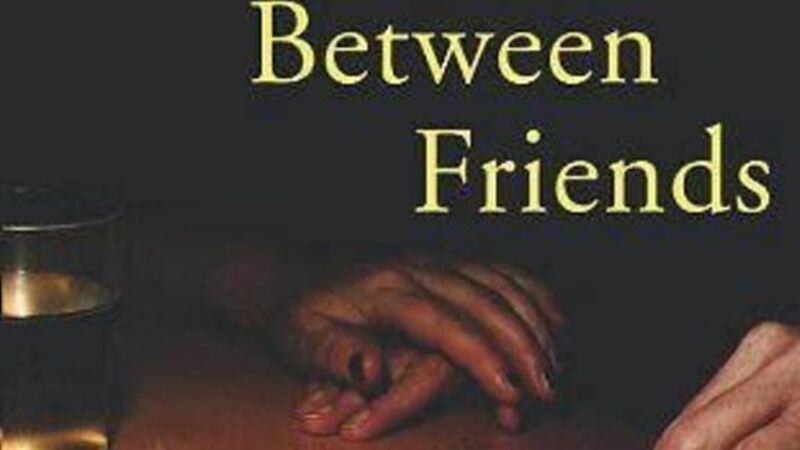Chasing utopia

In 1965, Amos Oz exploded onto the literary scene with a short story collection, Where the Jackals Howl. With the Israeli state still a relative newborn, and drawing lifeblood from his own experiences and observations, Oz offered a slant on the nation in microcosm, via the idealistic, ambitious and often all-too-judgemental dramas of kibbutz existence.
Now, almost half a century on, he comes full circle with another collection of kibbutz tales. Again, taking place during the late 1950s, these eight stories are less passionate than his early work, but more measured and refined, more reflective and accepting of the weakness inherent in human nature. They span the gamut of life in any trammelled society, touching on issues such as love, infidelity, duty, pettiness, cruelty, familial as well as communal obligations, and, most poignantly, the loneliness that divides and conquers even the most closely-connected hearts. Oz’s cast of characters have come together under certain Marxist dictates to find a better way of living. They are at once chasing utopia and hiding from the world. Memories fade slowly.











